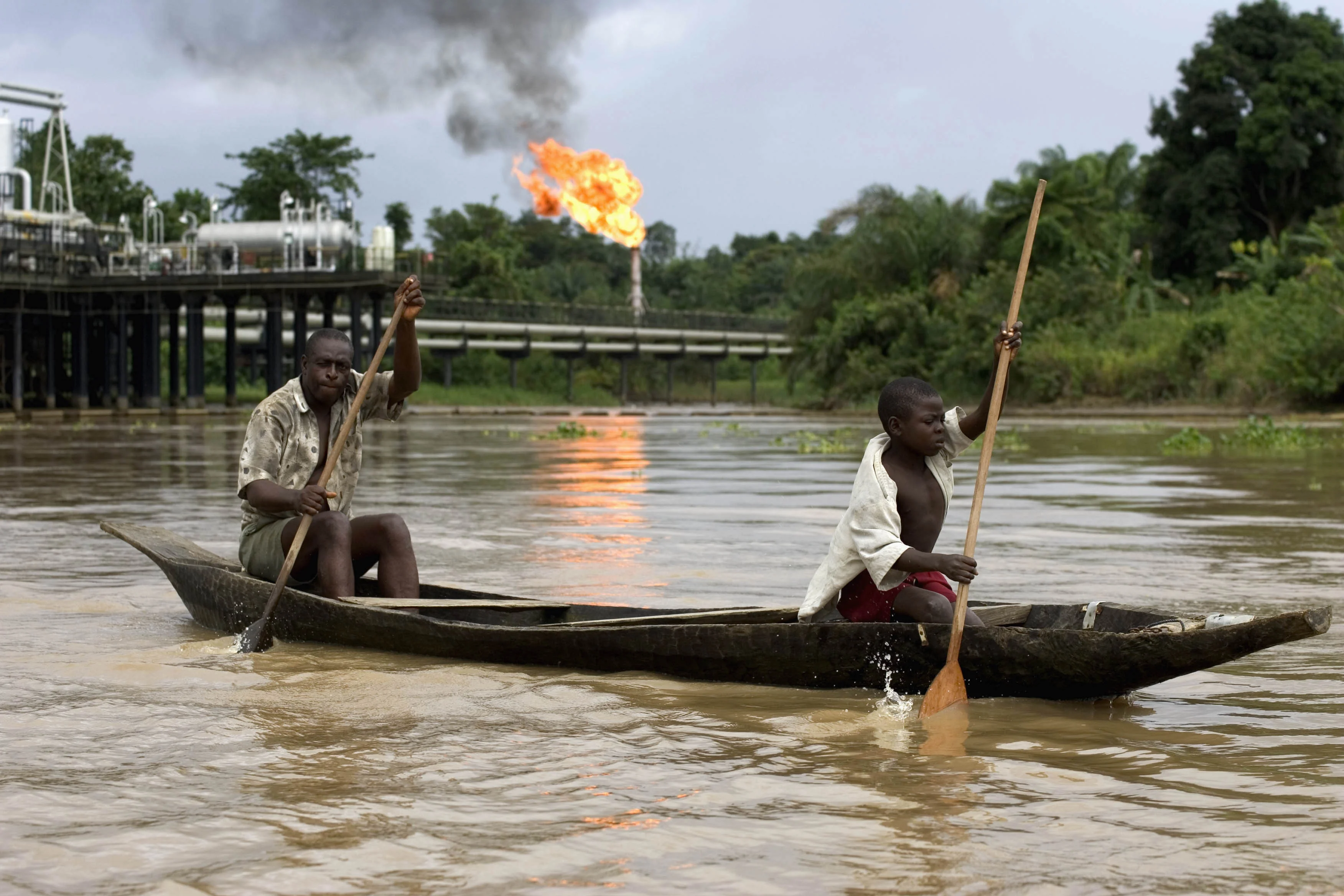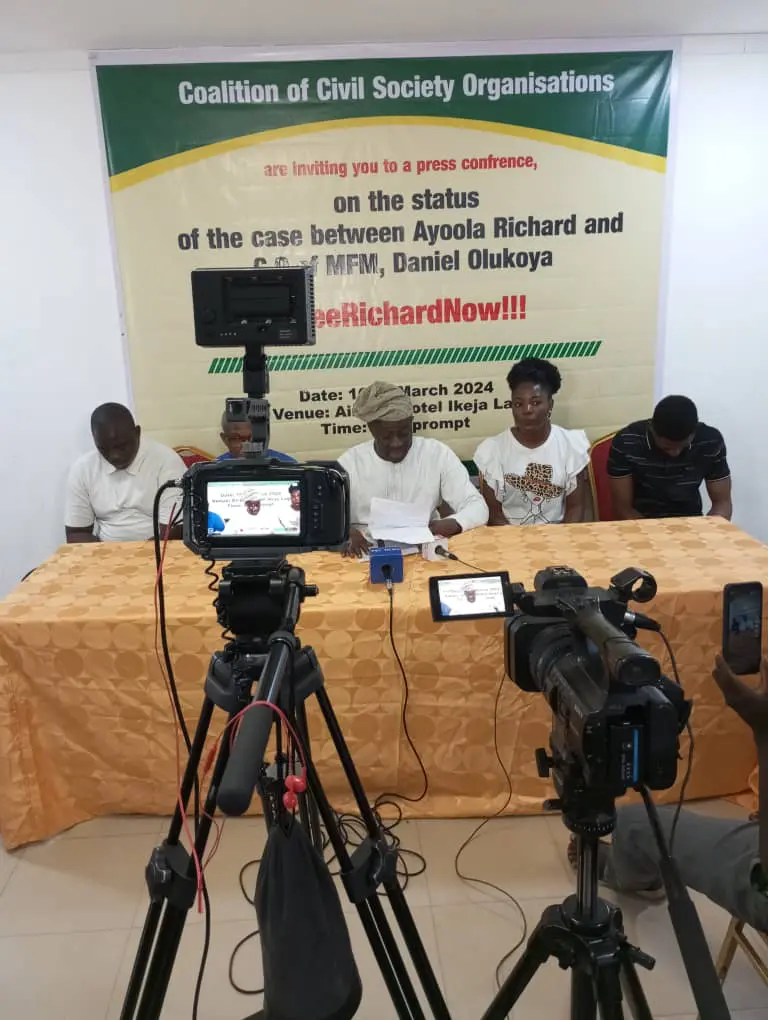A civil society organization, Foundation for Partnership Initiatives in the Niger Delta (PIND) is collaborating with the Ministry of Niger Delta Development to implement peacebuilding initiatives in the Niger Delta region.
PIND’s Executive Director, Tunji Idowu, who disclosed this in a statement, said the Niger Delta Regional Peacebuilding Strategy (NDRPS) is a multi-stakeholder approach towards addressing conflicts in the oil rich region.
The statement was titled ‘Advancing New Frontiers for Greater Impact’.
The statement highlighted various developmental interventions undertaken in the Niger Delta, including facilitating the electrification of healthcare centres and community engagement under the Petroleum Industry Act (PIA).
According to the statement, Idowu noted that despite socio-economic challenges in the country, including rising inflation and foreign exchange rate fluctuations which affected purchasing power, the organization continued to work on its mission to facilitate peace and equitable economic growth in the Niger Delta
“Together with our partners, PIND continued to find creative, people-centered ways to carry out our mission to facilitate peace and equitable economic growth in the Niger Delta,” he said.
The statement noted that, in 2023, PIND consolidated on its previous and ongoing work in the Niger Delta while exploring new opportunities for improving livelihoods and ensuring lasting peace in the conflict-ridden region.
It also established Peace Clubs in secondary schools and universities across the Niger Delta region to foster changed attitudes and behaviors and promote peace through education.
Through collaborations with the government, civil society organizations and other stakeholders, the organization established Prevent Committees, Prevent Councils, Peace Champions, Conflict Early Warning-Early Response (EWER) System, and Peace Map – all geared at promoting conflict prevention, management and resolutions in the Niger Delta.
“By the end of 2023, 12 primary healthcare centers (PHCs) across Bayelsa, Delta, and Ondo states had benefitted from this project.
It equally facilitated the implementation of the Host Community Development Trust (HCDT) component of the Petroleum Industry Act (PIA) through awareness creation and capacity building for non-governmental and community-based organizations.
It also advocated for increased access to arable lands for small-holder farmers in Delta, Edo and Ondo states by working with representatives of the state governments and their land review committees to undertake Geographic Information System (GIS) mapping of reserved lands and delineating substantial amounts for agricultural purposes.
Niger Delta: Ministry, CSO move to tackle conflicts in oil rich region



